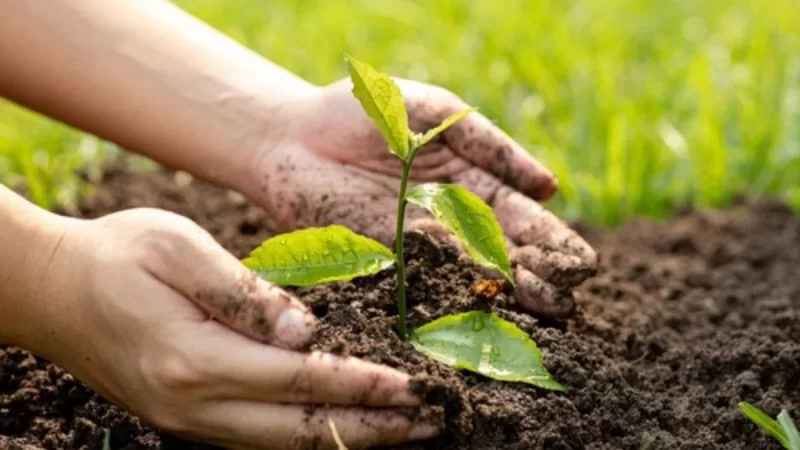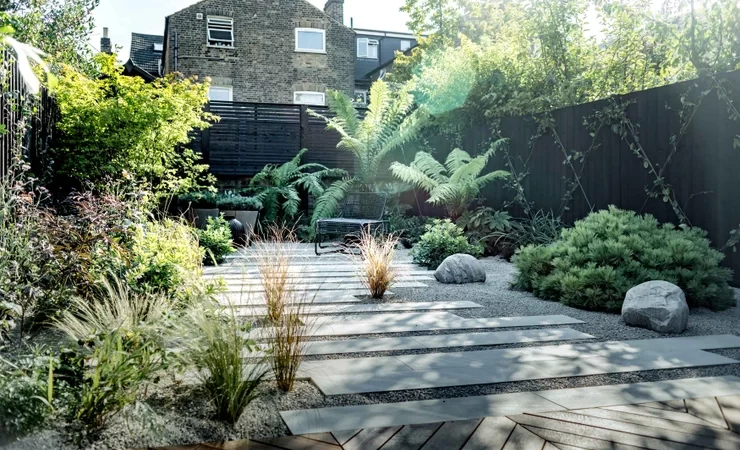Starting a Vegetable Garden

If you’ve always dreamed of having your own vegetable garden, now is the time to get started. It’s easy to grow a garden, but before you start, there are a few things to know. The first is that your soil needs to be prepared, so start by turning it over. Then you’ll want to purchase high quality seeds. You can also buy young plants at a garden center.
Plant from seed or buy young plants from a garden center
Starting a vegetable garden from seed is a magical experience. It requires careful planning and a learning curve. A good place to start is by ordering seed catalogs. This can be a great way to find heirloom varieties or rare cultivars. You can also ask a farmer to suggest plants for your garden.
Seeds are very inexpensive. They can be purchased at local garden centers, online, or in catalogs. Choose the variety that best fits your climate. Some crops are better started directly outdoors, while others prefer to be transplanted.
Most vegetables need at least six weeks of growth. Before transplanting them, harden them off. Young plants are sensitive to heat and light. If you live in a hot area, you should not transplant them until the nighttime temperatures are above 60 deg.
Invest in high-quality seeds
When it comes to growing a successful vegetable garden, you have to start with high quality seeds. They’re the best way to make sure your plants are healthy and thriving. If you do not have space for a garden, there are options such as buying seedlings or transplants.
The first thing you need to do is research your seed companies. You’ll find many of them online. Some focus on hybrid or organic seed, while others are devoted to one or the other.
Check out the fine print on your seed packets. Most contain information about spacing for various vegetables. Remember, some seeds are easier to germinate than others.
While you’re at it, do your homework on the types of compost you need to add to your soil to help your plants thrive. Also, consider saving and reusing stakes, containers, and other garden items.
Build up good soil
Regardless of what your gardening budget is, there are some things you can do to prepare your soil for a great garden. These steps will help you create the foundation you need to harvest a bountiful crop.
First, you’ll need to choose a location. The best spot is one that gets at least six hours of sunlight a day. This will allow your plants to get the most out of the sunlight.
Next, you’ll need to think about your soil type. Clay soil can compact easily, making it a good idea to add some organic material. For instance, composted grass clippings, mushroom compost, or even aged bark make good organic fertilizers.
Finally, you’ll want to make sure your garden gets the water it needs. A slow-draining soil will cause your plants to rot.
Turn over the soil in the whole garden
The concept of turning over your soil is not new, in fact it is actually a millennia old. Aside from the obvious benefits of removing weeds and fertilizers a reshaped garden can be a pleasant experience in and of itself. You get to enjoy the fruits of your labor without having to deal with the pests and the poop!
Not to belittle the arduous task of weeding out the crop, but having a clean slate will allow you to concentrate your energies on the actual work of gardening. One of my favourite parts about gardening is the sociable interactions that it brings to the table. Having friends over for a backyard barbecue is one thing, but having a group of folks over for a garden make for a memorable occasion.
Manage weeds
In a vegetable garden, weeds are a nuisance. They can wreak havoc with crop production and yields. There are a number of ways to control weeds. These include cultural controls, spraying, and mulching.
The best way to manage weeds is to avoid letting them set seeds. Once a weed is established, it is harder to eradicate it. It will regrow from its roots.
If you have a small vegetable garden, it may be easier to control weeds by hand. You can use a garden trowel to swab the soil for weeds. This is a less damaging method than using herbicides or weed killers.
A raised bed can be a great tool for controlling weeds. This will prevent weeds from growing up around your vegetables.







